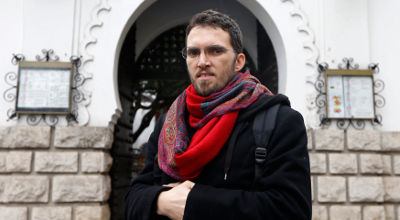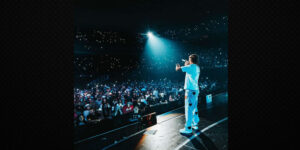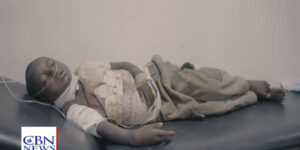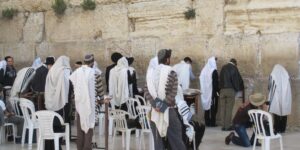New Gay-Friendly Mosque Tests Islam’s Tolerance in Paris
Europe’s first gay and lesbian-friendly mosque opens on Friday in an eastern Paris suburb, in a challenge to mainstream Islam’s long tradition of condemning same-sex relationships.
The mosque, set up in a small room inside the house of a Buddhist monk, will welcome transgender and transsexual Muslims and seat men and women together, breaking with another custom where the sexes are normally segregated during prayer.
Its founder, French-Algerian gay activist and practicing Muslim Ludovic-Mohamed Zahed, will also encourage women to lead Friday prayers, smashing yet another taboo.
“It’s a radically inclusive mosque. A mosque where people can come as they are,” said Zahed, 35, whose prayer space will be the first in Europe to formally brand itself as a gay-friendly mosque, according to Muslim experts.
The mosque, which for now will be limited to Friday prayer sessions, is opening as religious leaders in France, including senior Muslims, are petitioning against plans by the Socialist government to legalize gay marriage.
“Being homosexual and Muslim is borderline schizophrenic,” said one of three gay Muslims who will lead prayers at the mosque, whose floor-to-ceiling windows look out on a garden decorated with Buddhist symbols.
Zahed decided there was a need for a fixed gay-friendly prayer space as membership of his fledgling association “Homosexual Muslims of France” rose to 325 people from just six people when he founded it two years ago.
The prayer leader at Zahed’s mosque said hostility to gays prompted many to quit the faith. “France sorely lacks a space like this,” said the 38-year-old, asking not to be named.
Zahed’s mosque is not supported by any formal Muslim institution and many imams in France oppose it. The Muslim world tends to be more hostile to homosexuality than Judaism or Christianity, where a few denominations welcome gays.
“We know that homosexual Muslims exist but opening a mosque is an aberration,” said Abdallah Zekri, who monitors anti-Muslim attacks for France’s Muslim council.
Outside the Community
Paris Mosque Rector Dalil Boubakeur told Reuters Zahed’s project would stand “outside the community”. “We do not point the finger at homosexuals, but we cannot give them credit to the point that they become recognized in our community,” he said.
Some of the worshippers at the Grand Mosque, whose minaret towers over a quiet district in central Paris, agreed. Many interpret the Koran as forbidding homosexuality.
“Prayer is a ritual. You can’t decide how to do it, you have to do it the way Allah expects you to do it,” said Soufiene, a 45-year-old computer scientist on his way out of prayers.
President Francois Hollande’s plan to legalize gay marriage is proving highly divisive in a country that is mainly Catholic, though home also to 5 million Muslims, and is wrestling with the issue of whether gay couples should be able to raise children.
Zahed, who believes he is the first Muslim in France to be joined to a same-sex partner in a symbolic ceremony conducted by an imam, says gays or transsexuals who feel their sexuality is conspicuous can struggle to blend in at regular mosques.
While a handful of gay-friendly mosques now exist in Canada, South Africa and the United States, Zahed believes he is pushing a new boundary in France by providing a haven for gays.
“The goal of these Muslims is to promote a form of Islam that is inclusive of progressive values,” said Florence Bergeaud-Blackler, an associate researcher at France’s Research and Studies Institute on the Arab and Muslim World.
The push by gay Muslims for acceptance comes as a younger generation of Muslims is questioning some of the existing interpretations of the Koran as over-conservative.
“Even though they are still a extreme minority, their views have a solid theological basis. So their message is not having an insignificant impact,” Bergeaud-Blackler said.
Zahed married his male partner, also a Muslim, in a civil ceremony in South Africa where same-sex marriage is legal.
Back in France, he found a sympathetic friend in a gay Buddhist monk who offered to host his mosque in his home.
(Additional reporting by Lucien Libert and Sunaina Karkarey; Editing by Catherine Bremer and Paul Casciato)
© 2012 Thomson Reuters. All rights reserved.







































